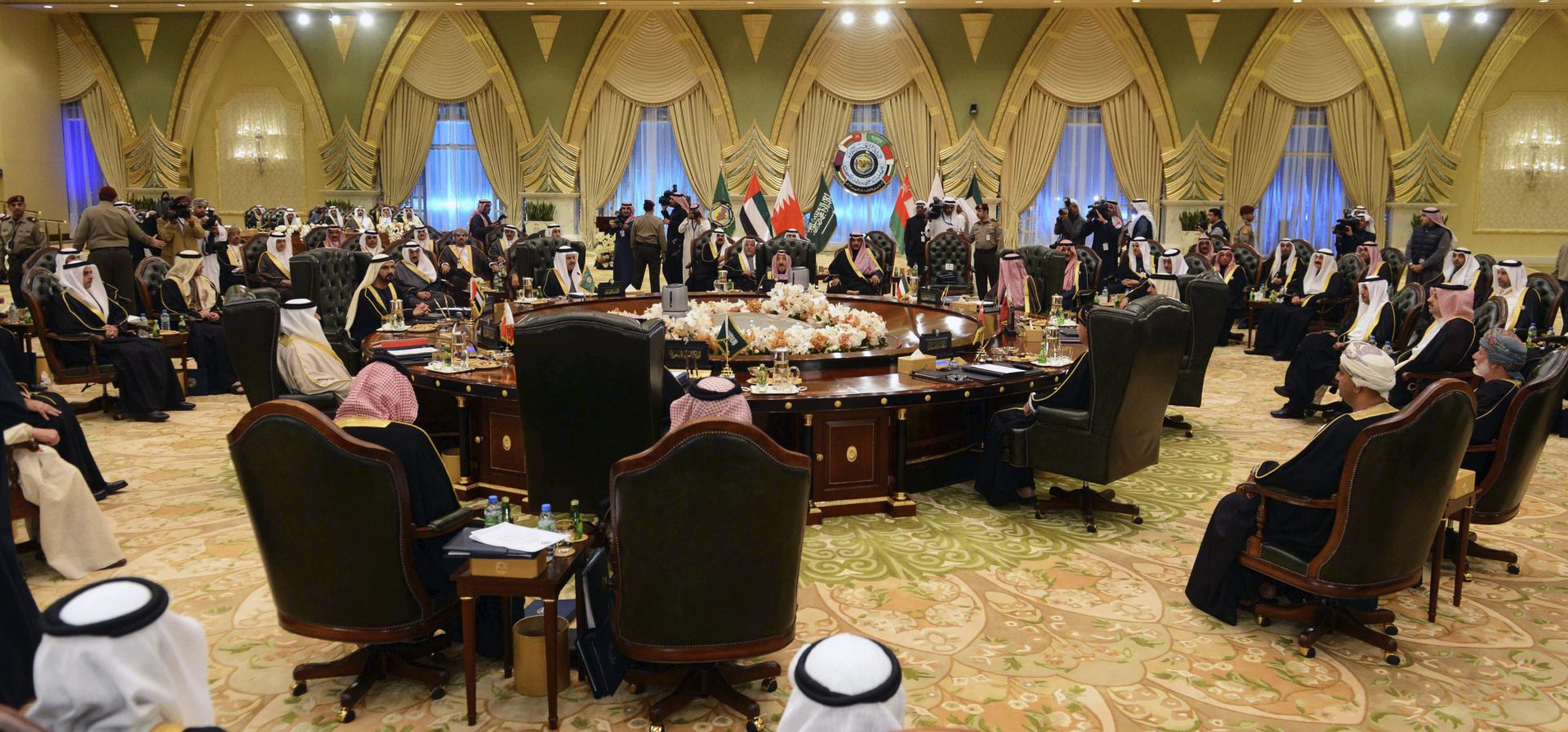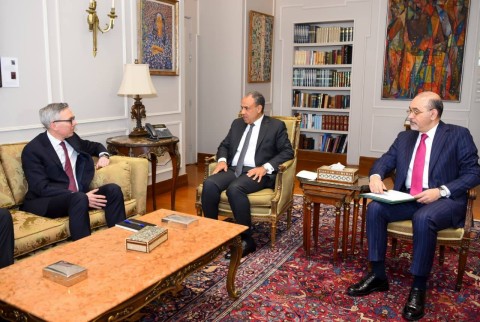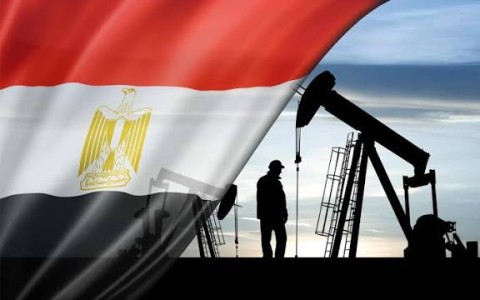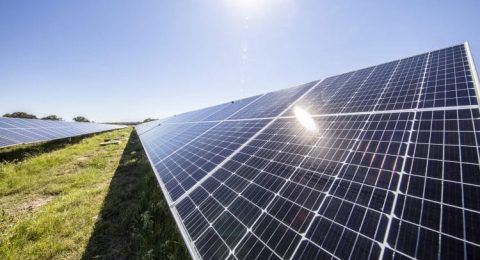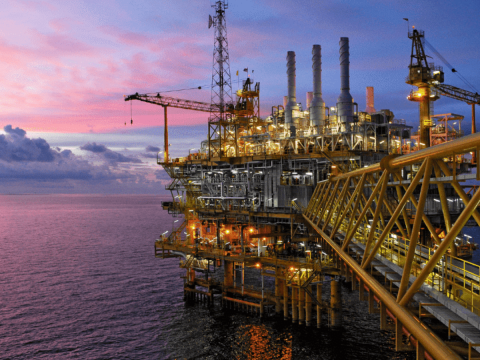According to Trade Arabia The Economic Insight: Middle East Q3 2015 report, published by the Centre for Economics and Business Research (CEBR), called for more large-scale alternative and renewable energy projects in the GCC states.
Without a reduction in the per-unit cost of alternative energy households and businesses will have no incentive to lessen their use of conventional power sources, it argued.
Investments for such projects will most likely have to come from the private sector given the pressures on state budgets thanks to declining oil prices.
Another major priority, and persistent problem, is energy efficiency, which remains low compared to global benchmarks, despite the progress made, the report stated.
Car ownership is already above the world average and using alternative energy to power desalination technology would also help reduce pressure on convention fuel sources, freeing it up for other uses, the report advised.
The report’s author Nina Skero, ICAEW Economic Adviser and Economist at Cebr, was quoted in Zawya as saying that: “Minimising energy intensity should remain a priority. More large-scale alternative and renewable energy projects, which reduce the per-unit cost of alternative energy, will be necessary to encourage households and businesses to lessen their use of conventional power sources. However, given the tremendous investment these projects require, and the fact that GCC governments are seeing state revenues decline, investment will probably have to come from the private sector.”
